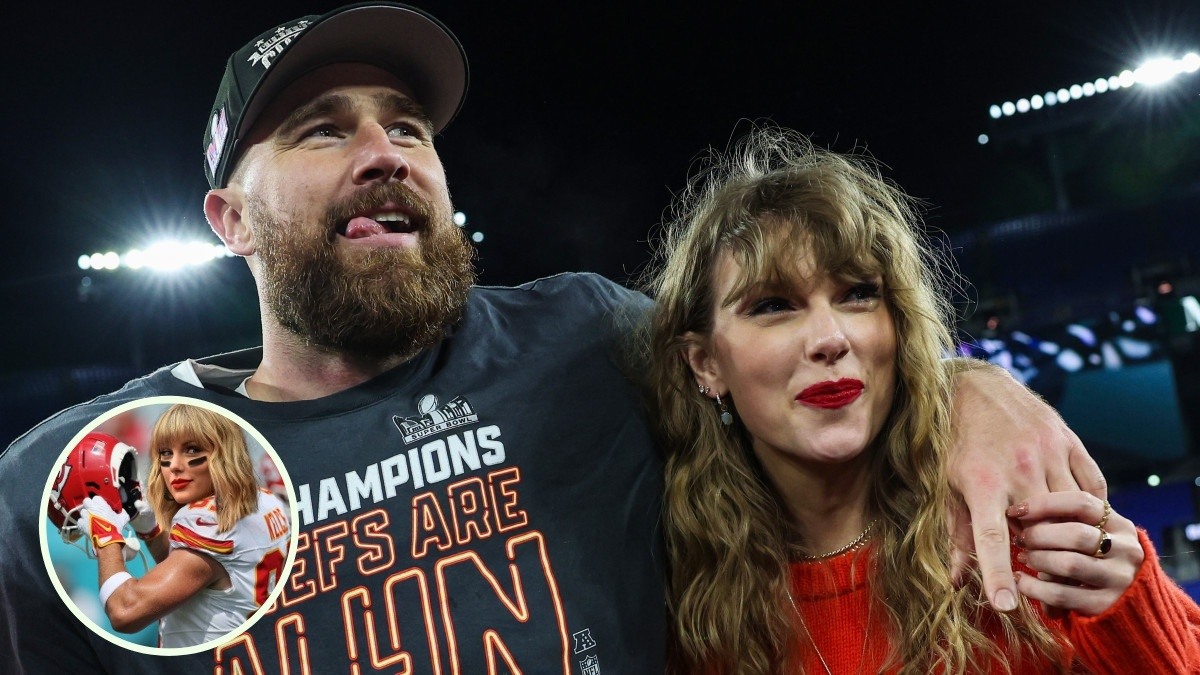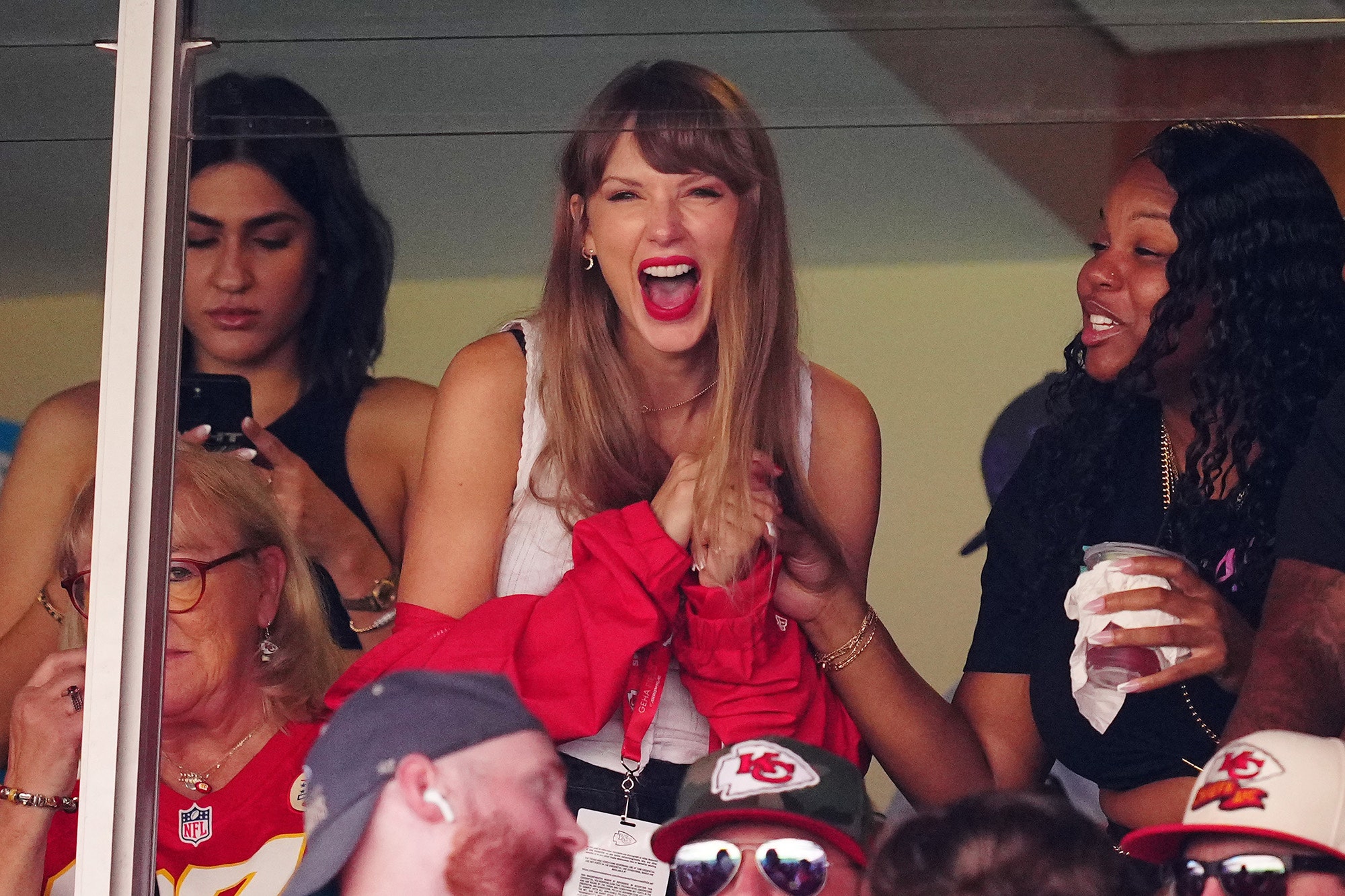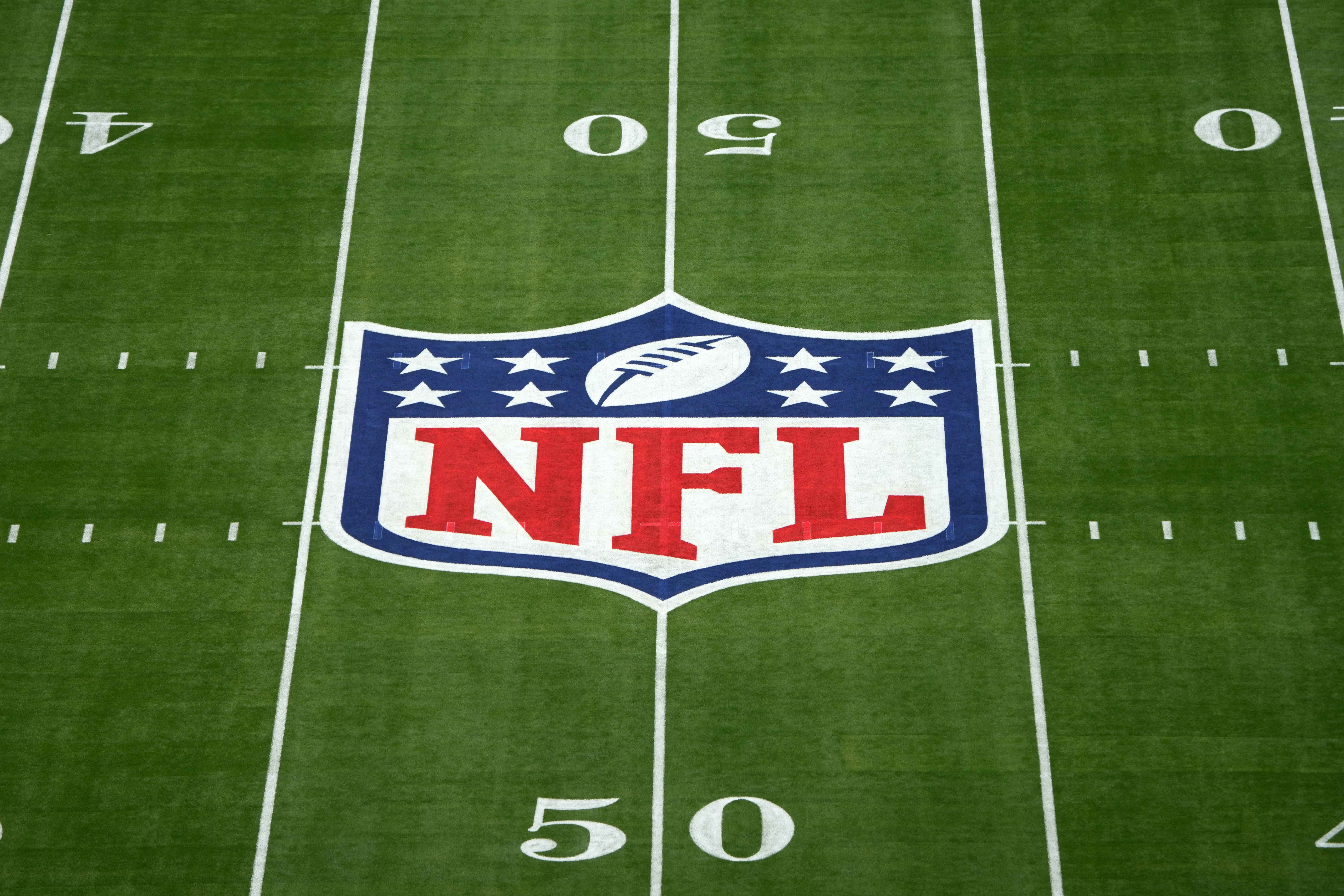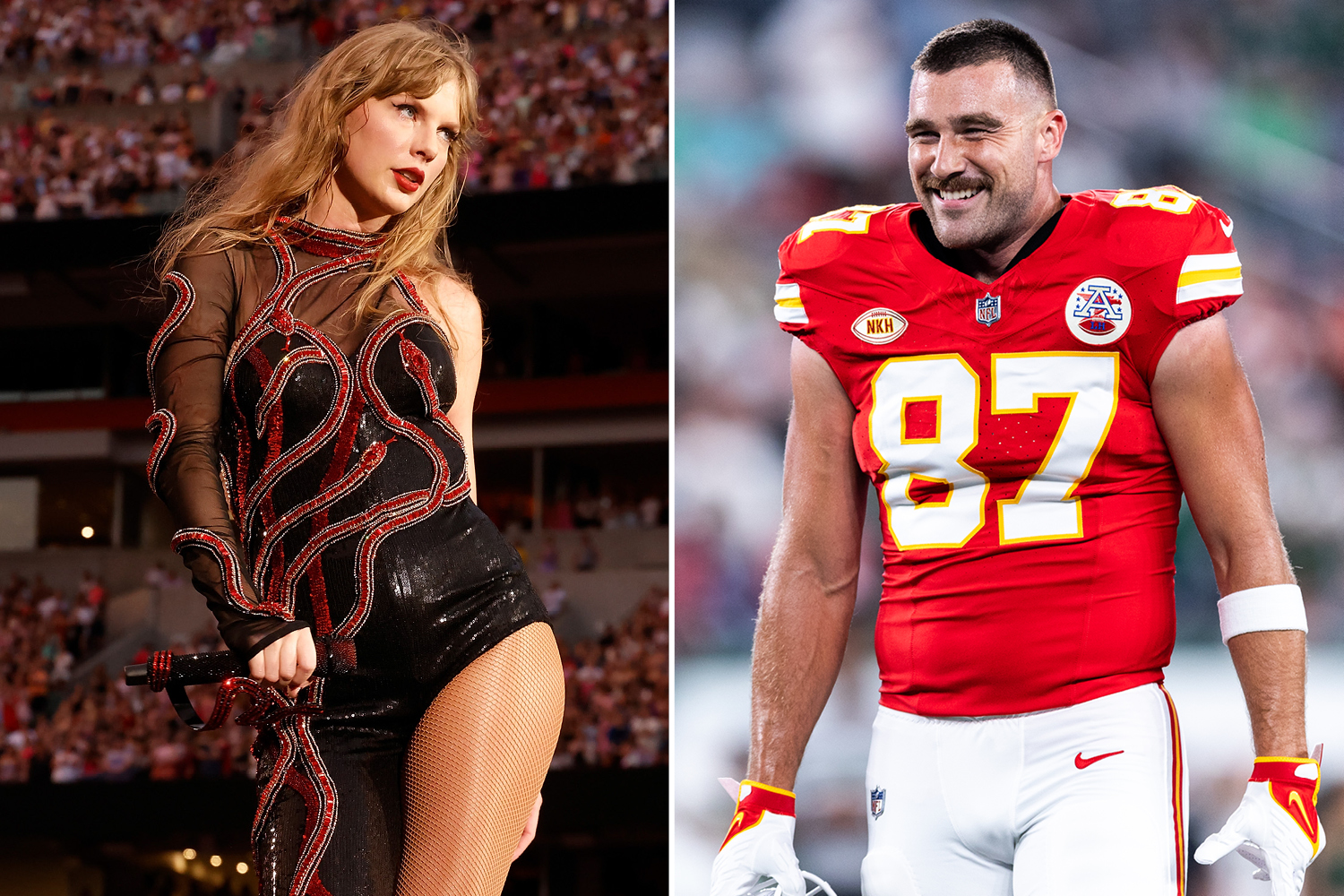NFL Faces Unprecedented $700 Million Loss Amidst Association with Taylor Swift
The National Football League (NFL) is currently grappling with a significant financial setback, estimated at $700 million, which has been further complicated by its association with pop sensation Taylor Swift.
Initially, Swift’s presence at NFL events and her highly publicized relationship with Kansas City Chiefs tight end Travis Kelce generated excitement. However, they are now being identified as contributing factors to the league’s financial wоes.

The NFL’s loss can be attributed to a combination of factors, including public backlash against Swift’s perceived overexposure at NFL events and the perception of her relationship with Kelce as overly commercialized.
Swift and Kelce’s romance, which played out in the public eye throughout the NFL season, turned the league into a backdrop for a celebrity love story. While this brought unprecedented media attention to NFL games, it began to alienate traditional football fans.

The phenomenon of “Swift Fatigue,” coupled with the focus on the Swift-Kelce narrative, led many fans to feel that the league had shifted its attention too far away from the sport itself and towards entertainment and celebrity culture. This sentiment was not limited to a vocal minority but reflected a broader dissatisfaction among the audience, resulting in declining viewership numbers and subsequent declines in advertising revenue.

Fans expressed their discontent across various platforms, expressing a desire for the NFL to refocus on the game rather than celebrity-driven storylines.
The decline in viewership directly impacted the NFL’s financial performance, with advertisers and sponsors reevaluating their investments in the league. Contracts were renegotiated at lower rates, and some sponsors even withdrew their support altogether, exacerbating the league’s financial downturn.

In response to the nearly $700 million loss, the league is reportedly reassessing its approach to entertainment, celebrity endorsements, and the integration of personal narratives into its brand.
League officials face the task of crafting a strategy that embraces entertainment without overshadowing the essence of football. The goal is to win back alienated fans while maintaining a broad appeal to a diverse audience.
This situation has sparked a broader debate about the role of celebrities in sports and the delicate balance between enhancing entertainment value and preserving the integrity of the game.
Industry analysts, fans, and commentators are closely observing how the NFL will adjust its strategies moving forward.
This financial loss serves as a cautionary tale, highlighting the risks of excessive reliance on celebrity partnerships and the importance of prioritizing the preferences of the audience.
The NFL’s experience underscores the need for a balanced approach to integrating entertainment and celebrity culture into sports. While Taylor Swift’s involvement initially brought a new dimension to the league’s appeal, it also highlighted the challenges of managing public perceptions and expectations.
As the NFL works to recover from this financial setback, the focus will likely shift towards a more nuanced engagement with entertainment, aiming to rebuild trust with traditional fans and secure the league’s financial and cultural future.